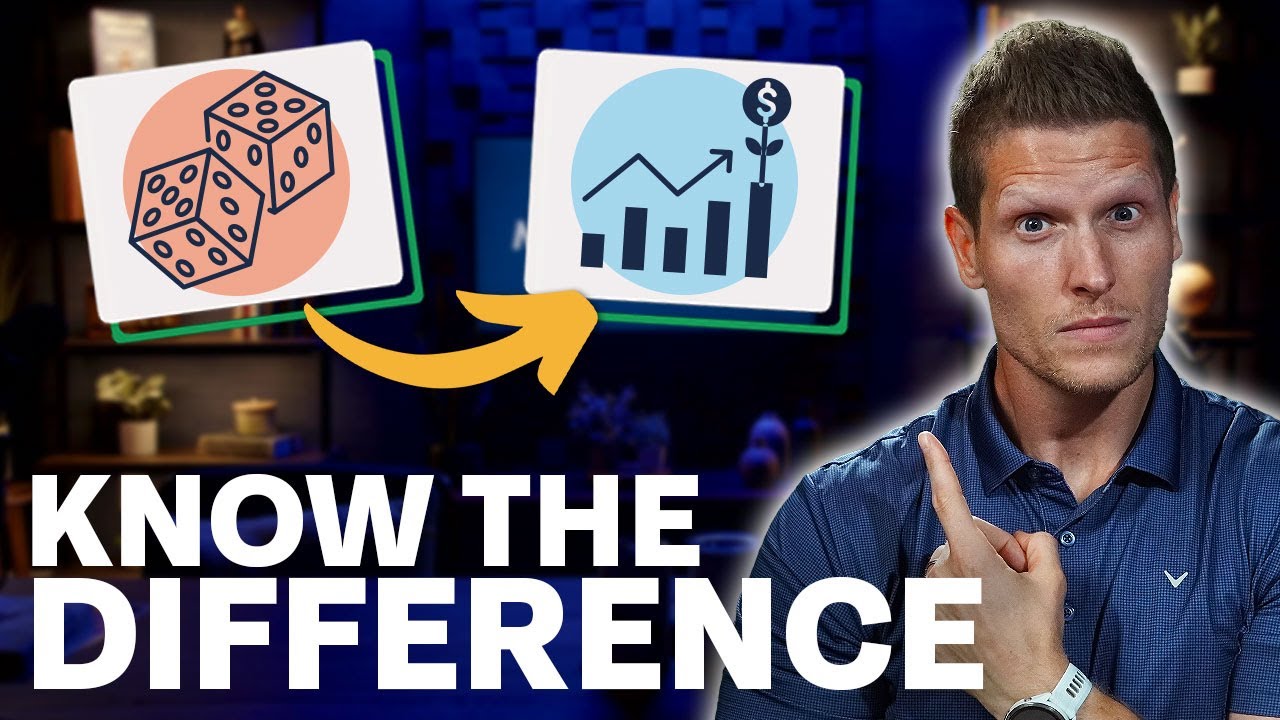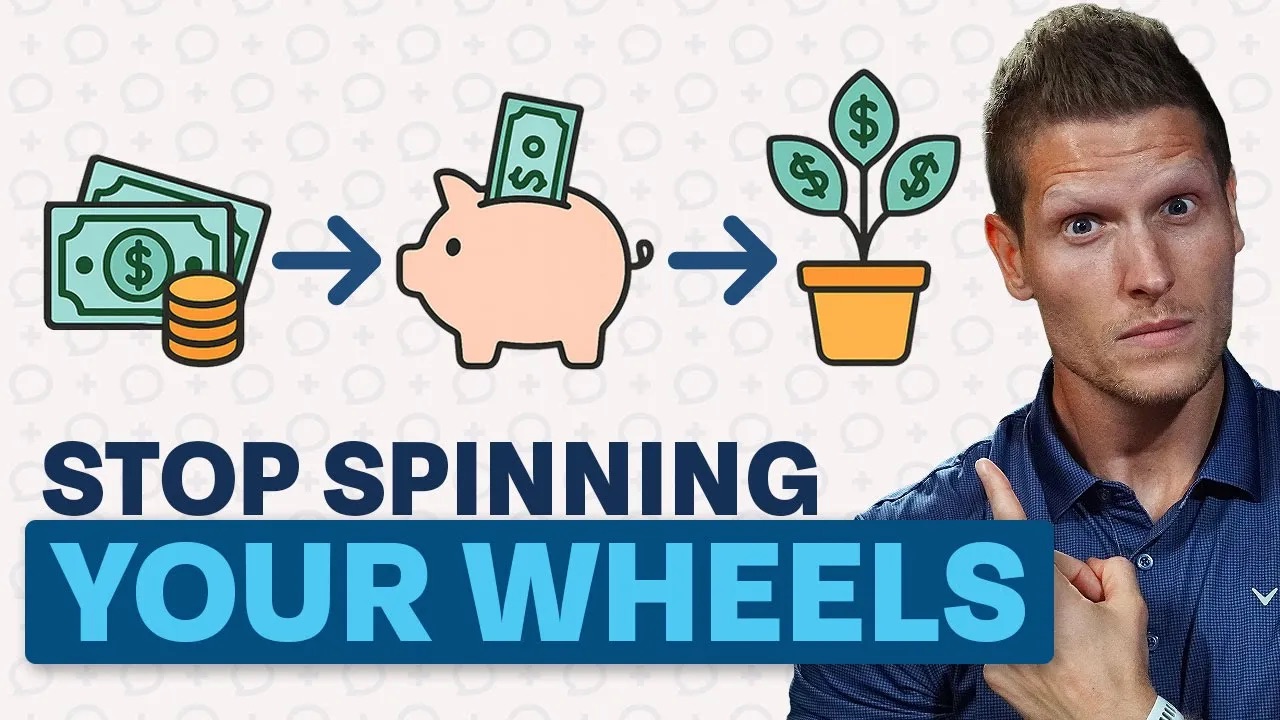
How you think can often lead to how you act. When it comes to your finances this is true also. In fact, your money mindset can determine whether or not you’re successful in reaching your financial goals by how you think and approach your financial life.
Do you have a positive money mindset or a negative one? Here are three ways to find out and some tips to focus on the money mindset that will help you be most successful in your financial life.
1. Do you buy what you want immediately or defer gratification?
Let’s say you really want the latest and greatest cell phone that just hit the market. Are you someone who goes out and buys it immediately or do you think about it and plan the purchase for a later point in time? While it may not be fun to restrict or delay a purchase you really want, the act of deferring purchases so that you can align your financial resources accordingly is a hallmark of financial success. Consumption, while not inherently bad, can easily lead to overconsumption (outspending your income) that has the potential to negatively impact your financial future if you’re not careful.
Remember to pay yourself first (save for the future), cover your fixed expenses (mortgage/rent, utilities, etc.) and THEN spend what is left on wants. This may cause you to defer gratification of a purchase until next month if you’ve already spent your discretionary resources. Limiting your current wants in consideration of what’s best for your financial future is winning money mindset #1.
2. Are you energized at the thought of your future or fearful about what it will actually be like?
Positive or wishful thinking alone won’t make your vision of your financial future so. Positively thinking and envisioning your financial future can, however, help you make smart financial choices today that support your ideas for tomorrow. With a positive, “I can do this” money mindset, you’ll keep yourself motivated to set and achieve your financial goals. If you are paralyzed by negative thoughts and fear, it can result in a negative outlook that can inhibit you from taking appropriate actions towards securing your financial success. A negative internal voice can function to self-sabotage your financial potential.
If you find you tend to be a “glass is half empty” type of person, try your best to fight the tendency to be negative. Set financial goals and pragmatically tackle them one at a time. This can help you methodically work against a negative mindset and build positive outcomes over time.
[See: 5 Ways to Overcome Financial Fears]
3. Are you open to taking risks or woefully adverse?
When it comes to your long-term finances, it’s probably not the best idea to risk more than you’re able to lose without it negatively impacting your financial future. That said, carefully considering financial opportunities within the context of risk versus reward is a winning money mindset. It makes you more open-minded to financial opportunities and less susceptible to pursuing a path that doesn’t make sense for you and your financial situation.
Giving your money the opportunity to grow is why people invest in the first place. If you are so risk adverse that you won’t invest your money or only use “safe” investment vehicles like CDs and savings accounts, you are likely restricting its potential to work harder for you. There are certain financial vehicles that can offer higher rates of return historically than others. Often times, the higher the potential gains, the higher the potential risk. As an example, stocks typically offer the potential for higher rewards, but they also come with a higher risk of potential losses. Having a diversified portfolio of higher risk and lower risk investments is a smart way to take advantage of potentially advantageous investment opportunities while limiting your overall exposure to risk.
Ultimately, your money mindset can help you make financial decisions that lead to your future success or failure. Positive thinking that leads to positive financial action has a greater potential for positive outcomes.













